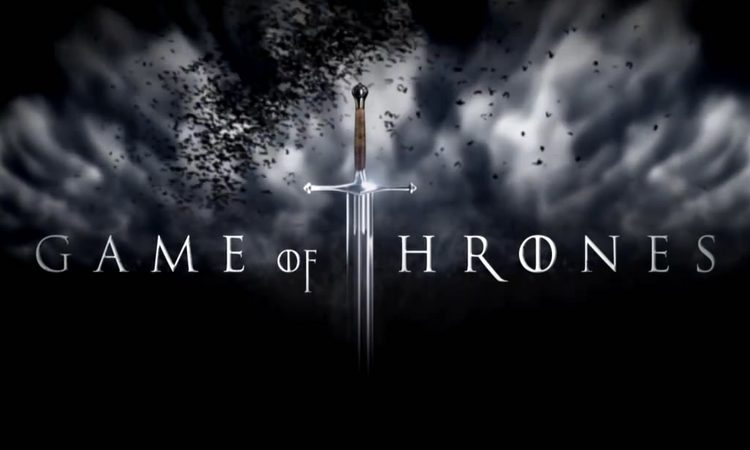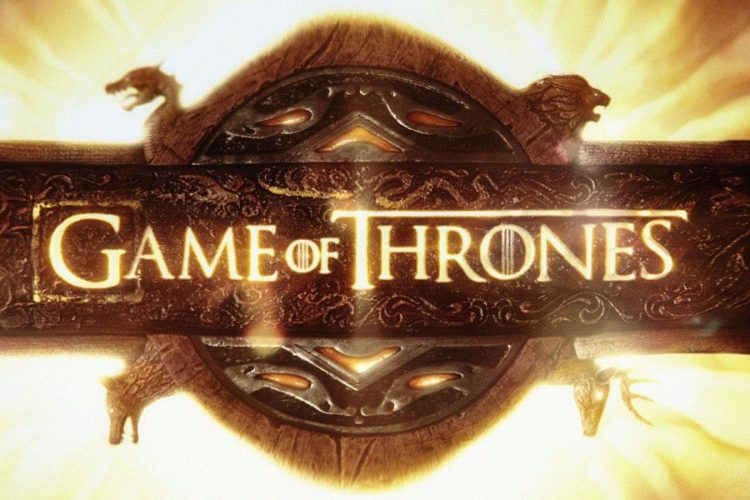As a child of the 80s, “horror” meant Nightmare on Elm Street, the Friday the 13th movie franchise, or anything written by Stephen King.
Horror is a genre of storytelling that intends to elicit fright, disgust and surprise in its audiences by inducing feelings of terror. Elements such as death, blood, and ghosts, for example, stir psychological and emotional reactions. The things that terrify can range from the seemingly innocent (clowns and bunnies) to deadly (serial killers and rapists).
For decades, horror has been a white, male-dominated genre. Women (mostly white) were reduced to cheerleaders, victims, or the sole survivors in a series of epic and brutal murders.
Fortunately, things have changed.
Jordan Peele has deftly used the horror genre as a means of social and racial commentary in his award-winning film Get Out, which is up this year for a “Best Picture” Oscar.
Women are also turning the horror genre on its head. For the past eight years, the Women in Horror Month (WiHM) is celebrated each February. It is an international, grassroots initiatives that encourages supporters to learn about and showcase the underrepresented work of women in the horror industries.

WiHM celebrates these contributions to the horror genre throughout the year via the official WiHM blog, AxWound, the Ax Wound Film Festival, and with the official WiHM event/project database. The database actively promotes do-it-yourself annual film screenings, blogs/articles, podcasts, and any other form of creative media with the ultimate goal of helping horror works by and featuring women reach a wider audience.
“One of the myths about black women and horror is that we’re not interested because the genre deals with devils and demons,” said Nicole Kurtz, publisher and owner of Mocha Memoirs Press, a boutique publisher in Winston-Salem, NC. “People who say there is no market for horror are horribly mistaken. I have a whole anthology of people who read and watch horror and who love it.”
As part of Women in Horror Month, Kurtz has released Black Magic Women: 20 Terrifying Tales by Scary Sisters. Edited and curated by renowned horror author Sumiko Saulson, the anthology features the contributions of women of color horror writers.
“I am a black woman who reads Stephen King,” Kurtz said. “When I go to the bookstores or Amazon, I don’t see horror stories written by women of color. That’s why Black Magic Women is a perfect fit for us. Mocha Memoirs focuses on the different flavors of fiction.”
The theme “Black Magic Women” was chosen as a play on the popular term “black girl magic”, the ability of African American women to triumph, thrive, and create despite adversity.
“For black women, horror comes in the lack of agency,” Kurtz said. “Black women bring diversity to the genre because the things we find scary or psychologically terrifying are different.”
Kurtz, for example, wrote and published a horror story “Sweet Tooth” about the “candy lady”, a woman in a housing projects who sells bootleg candy to residents.
“That kind of story is unique to me and to black people who live in cities and have urban experiences,” Kurtz said. “We tell different stories that are not typically told in horror. It’s important for women of color to have their voices elevated and amplified in the genre.”
We are at a cultural turning point in the United States, one in which the voices of women and women of color are being called upon to bear witness to the layers of human experience. Horror offers a portal by which I can explore and confront my fears. Through the act of reading a compelling story, I can choose to go to the places that scare me and emerge with new understanding and insight. This is what thrilling storytelling should do and I’m all here for it.

Kurtz has provided her list of “Top 10 Women of Color Horror Writers” to discover… if you dare.
- Octavia Butler is the shining pinnacle of diverse speculative fiction. Her works, Kindred and Fledging take real world horror and science fiction and create a literary concoction that readers return to consume again and again.
- Tananarive Due is poetic, polished, and perfect. Her works, My Soul to Keep and The Living Blood, demonstrate the real power of diverse horror and the results of mastery storytelling.
- L.A. Banks clashes vampires, demons, and humans in her Vampire Huntress novel series. They pushed the envelope of what vampires could do, as well as propelled a powerful heroine that looked more like me than any I’d seen before. Some truly, horrible events unfolded in the novels, but the heart and moral compass kept her grounded.
- Linda D. Addison is an American poet and writer of horror, fantasy, and science fiction. Addison is the first African-American winner of the Bram Stoker Award, which she won four times. She’s the pioneer of black women in horror, but she in no way has slowed down.
- Toni Morrison is a Nobel award winner, Pulitzer Prize and American Book Award winner (for Beloved). Many consider Beloved to be a horror novel, placing Morrison on this list of amazing black women horror authors.
- Eden Royce delivers a fresh take on horror, as a talented author and editor. She stretches the genre beyond its stale confines by mashing and mixing with light hints of other genres. Her poem in “The Grotesquerie” is a great example of this.
- Nnedi Okorafor has a sure hand and a creative mind the size of Antarctica. Her novels push the boundaries of horror and fantasy beyond those of European influences and into more lush literature.
- Crystal Connor’s brand of horror is nothing short of large and enveloping, engrossing, and enigmatic. She writes with a sure hand, and one that demonstrates a confidence in her talent and in her storytelling. Her prose commands you—no dares you—not to be afraid.
- 9. Sumiko Saulson uses real world grit and grim to convey the complexities in horror-laden city life. Creative and colorful, Saulson’s works are sure to reach a growing number of hungry readers, ready for something new.
- 10. Valjeanne Jeffers is one of the screenwriters of7Magpies, a black horror anthology film (in production). She is the author of the Immortal series; The Switch II: Clockwork(includes books I and II); Mona Livelong: Paranormal Detective; and Colony Ascension: An Erotic Space Opera.







Women in Horror Month Celebrates Diverse Voices – Kerra Bolton
[…] Check out Kurtz’ Top Ten Black Women in Horror suggestions on my Sweatpants & Coffee column, where this article originally appeared. […]